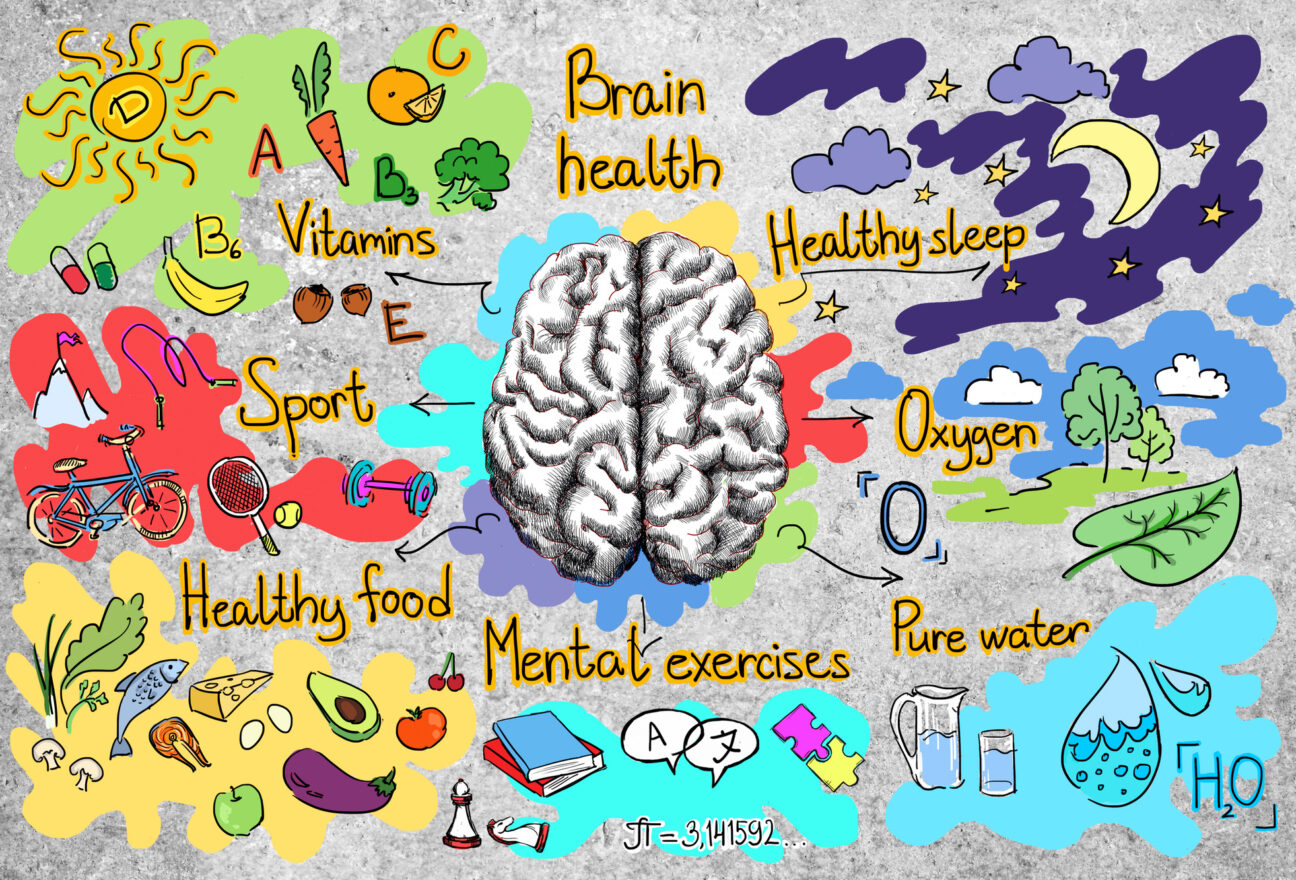In a world where stress and modern challenges often disrupt our equilibrium, the pursuit of balance in our physical, mental, and emotional well-being has become more important than ever. Holistic health offers a comprehensive approach that seeks to harmonize all aspects of our lives. This blog post delves into the realm of alternative and complementary therapies within the holistic health paradigm, shedding light on how they contribute to achieving balance and wellness.
Introduction to Holistic Health and Balance

Holistic health is a philosophy that acknowledges the interconnectedness of mind, body, and spirit. It emphasizes the importance of addressing the root causes of imbalances rather than merely alleviating symptoms. Achieving balance in holistic health means nurturing all facets of your being to promote overall well-being.
The Science Behind Holistic Therapies

While some may view holistic therapies as ancient or mystical, many of these practices are rooted in scientific principles. For instance, acupuncture has been shown to stimulate the release of endorphins, our body’s natural painkillers, and regulate neural pathways. Studies on meditation and mindfulness have revealed their ability to reshape brain structures, leading to improved emotional regulation and stress reduction. These scientific findings lend credibility to the effectiveness of holistic therapies in promoting balance and wellness.
Personalized Holistic Approaches

Holistic health recognizes that each individual is unique, and there is no one-size-fits-all solution. A truly balanced approach involves understanding your own body, mind, and spirit and tailoring your holistic practices to your specific needs. This might involve experimenting with different therapies, observing how they affect you, and making adjustments along the way.
Holistic Health and Chronic Conditions

Holistic health is not limited to promoting general well-being—it has also shown promise in managing chronic conditions. Many individuals with conditions like chronic pain, autoimmune disorders, and mental health issues have found relief and improved quality of life through holistic practices. Integrating alternative and complementary therapies into conventional medical treatments can provide a more comprehensive and holistic approach to managing these conditions.
The Importance of Research and Education

As you embark on your holistic health journey, it’s essential to approach it with an open but discerning mind. While holistic therapies have demonstrated benefits, not all practices may be suitable or effective for everyone. It’s crucial to seek reliable sources of information, consult qualified practitioners, and prioritize evidence-based approaches. An informed approach ensures that you make choices that align with your goals for balance and well-being.
Embracing Holistic Health for Lifelong Balance

Holistic health is not a short-term fix; it’s a lifelong commitment to nurturing your entire being. As you explore alternative and complementary therapies, remember that achieving balance is a continuous process. Be patient with yourself and celebrate small victories along the way. Whether you choose acupuncture, meditation, herbal medicine, or a combination of practices, the key is to integrate them into your daily life in a way that feels sustainable and fulfilling.
Alternative Therapies: A Journey into Holistic Healing

1. Acupuncture: Acupuncture is an ancient Chinese therapy that involves inserting thin needles into specific points on the body. This practice is believed to stimulate the flow of vital energy (Qi) and restore balance within the body.
2. Ayurveda: Originating from India, Ayurveda is a holistic system that incorporates diet, herbal remedies, meditation, and yoga to balance the body’s three doshas: Vata, Pitta, and Kapha.
3. Homeopathy: Homeopathic remedies involve highly diluted substances that are believed to trigger the body’s innate healing response. This practice aims to treat the individual as a whole and address the underlying causes of imbalance.
4. Energy Healing: Modalities like Reiki and Qi Gong focus on manipulating the body’s energy fields to restore harmony. Practitioners use their hands or subtle movements to promote healing and balance.
Complementary Therapies: Enhancing Holistic Wellness

1. Yoga and Meditation: These practices combine physical postures, breath control, and mindfulness to enhance both physical and mental well-being. They promote relaxation, reduce stress, and cultivate inner balance.
2. Herbal Medicine: Herbal remedies have been used for centuries to support various bodily functions and address imbalances. Plants like ginseng, turmeric, and chamomile are believed to have healing properties.
3. Aromatherapy: Essential oils derived from plants are used in aromatherapy to promote relaxation, reduce stress, and enhance mood. Scents like lavender, citrus, and eucalyptus have been shown to have therapeutic effects.
4. Nutritional Therapy: A balanced diet tailored to individual needs is crucial for holistic health. Nutritional therapy focuses on using food as medicine to support the body’s natural healing processes.
Strategies for Incorporating Holistic Balance into Daily Life

1. Mindful Awareness: Practice mindfulness to become more attuned to your body’s signals and needs. Engage in activities that promote self-awareness, such as journaling, deep breathing, or body scans.
2. Holistic Self-Care: Prioritize self-care routines that nourish your mind, body, and spirit. This may include regular exercise, proper sleep, and engaging in activities that bring joy and relaxation.
3. Seek Professional Guidance: Consult with qualified holistic health practitioners to develop a personalized wellness plan. They can provide insights and recommendations tailored to your unique needs.
4. Community and Connection: Surround yourself with a supportive community that shares your holistic health values. Engage in discussions, workshops, and group activities that encourage holistic well-being.

Holistic health offers a holistic approach to achieving balance by addressing all dimensions of your well-being. Alternative and complementary therapies provide valuable tools to support this journey toward equilibrium. By embracing practices that nurture your mind, body, and spirit, you can cultivate a sense of balance and well-being that resonates deeply within you. Remember, the path to holistic health is a personal and ongoing exploration, and each step you take brings you closer to a harmonious and balanced life.






